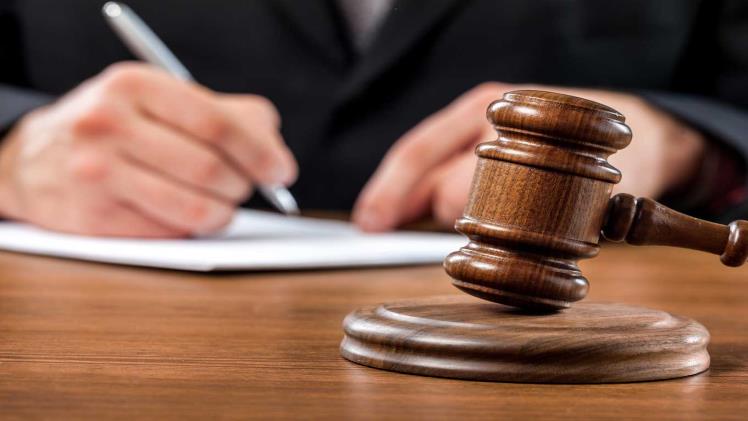Chapter 7 bankruptcy, a “liquidation” bankruptcy, is a legal process allowing individuals to discharge most of their unsecured debt. However, many misconceptions and myths about Chapter 7 bankruptcy can lead to confusion and misunderstandings. Visit Benenati Law Firm to address some of the most common myths about Chapter 7 bankruptcy.
Myth 1: Filing for Chapter 7 bankruptcy will ruin my credit score.
Fact: While filing for Chapter 7 bankruptcy can impact one’s credit score, in the short term, the discharge of debt can improve an individual’s financial situation. Over time, as the individual begins to rebuild their credit, their score will typically improve.
Myth 2: I will lose all of my assets if I file for Chapter 7 bankruptcy
Fact: The law allows for exemptions, certain types of assets protected from being sold to pay off creditors. These exemptions vary by state but generally include assets such as a primary residence, personal property, and retirement accounts. Additionally, many individuals can keep most, if not all, of their assets when filing for Chapter 7 bankruptcy.
Myth 3: Filing for Chapter 7 bankruptcy is a sign of failure or personal weakness.
Fact: Filing for bankruptcy is not a failure or a personal weakness but rather a legal process that allows individuals to regain control of their finances. Many individuals find themselves in a difficult financial situation due to reasons beyond their control, such as job loss, medical expenses, or divorce.
Myth 4: Chapter 7 bankruptcy will discharge all types of debt.
Fact: While Chapter 7 can discharge most unsecured debt, certain types of debt cannot be discharged. These include most taxes, student loans, and certain fines and penalties. Additionally, if the individual has a large amount of non-exempt assets, these assets may be sold to pay off creditors.
Myth 5: I will never be able to get credit again after filing for Chapter 7 bankruptcy.
Fact: It may indeed be more difficult to obtain credit after filing for Chapter 7 bankruptcy, but it is not impossible. Many individuals are able to rebuild their credit over time and can obtain credit again.
Contact a bankruptcy lawyer!
However, if you are still confused about whether chapter 7 bankruptcy is appropriate for your case, make sure to get it reviewed by a professional lawyer. They can check the details to let you know which is the most suitable option for your case.

